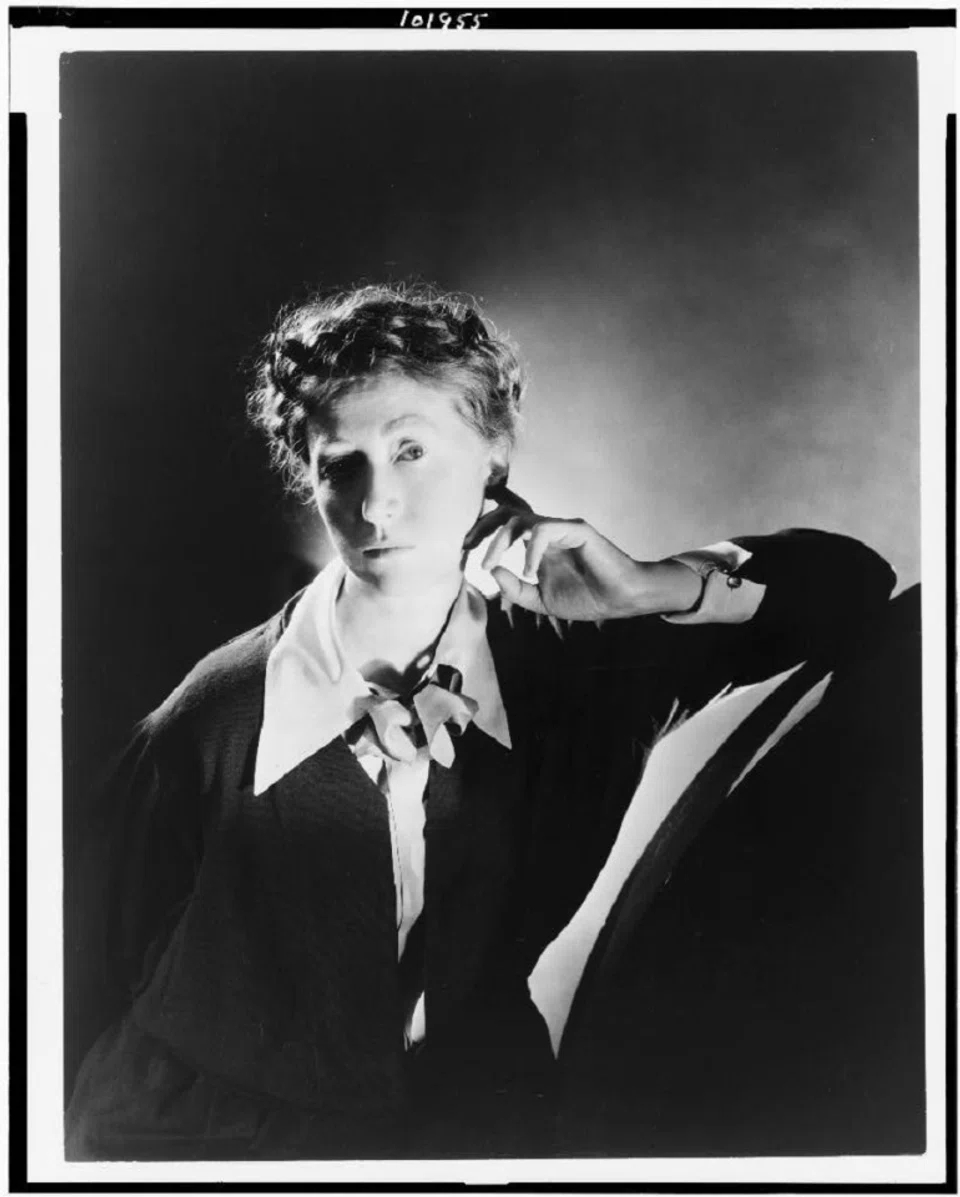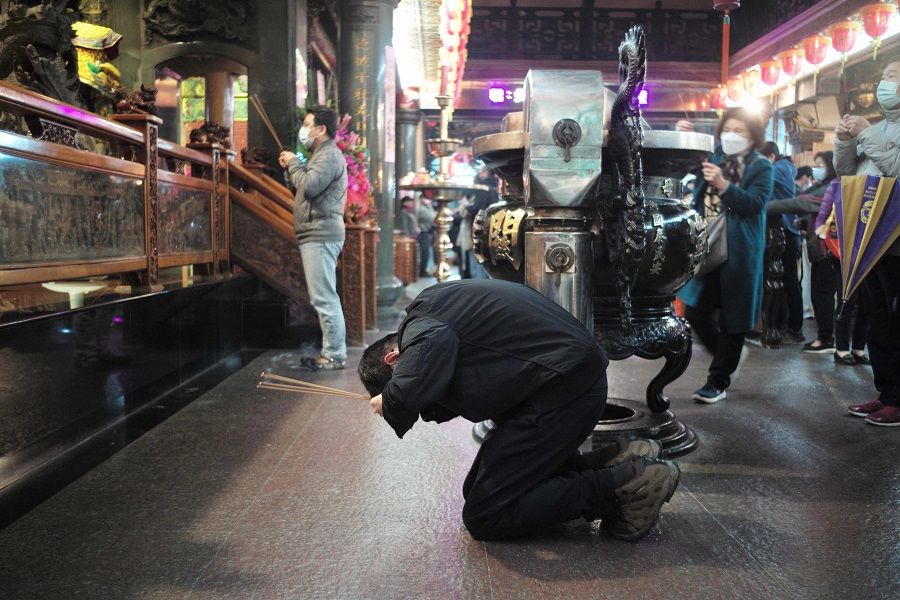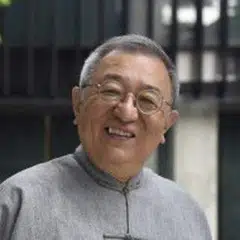On the dentist's chair: American poet Marianne Moore's scalpel

A few years ago, I went to the dentist to extract two of my teeth. I was put under local anaesthesia and the surgery was smooth and rather painless. Nevertheless, I was tense throughout the 40 minutes and perspired a lot. Aside from the effort of keeping my mouth wide open the whole time, the mental torture was agonising.
When I got home, still groggy from the ordeal, I finally spat out the cotton ball I was biting down on. Out came some blood and saliva too. The bloodstain on the cotton was no longer bright red and my gums were no longer bleeding so I suppose the surgery was a success. I took two anti-inflammatory pills as instructed and collapsed on the sofa, still in a daze. The dentist said that I could eat two hours after the surgery, but my stomach was too traumatised to think of hunger. Perhaps it was the effects of the anaesthesia or the anti-inflammatory pills - I just wanted to sleep.
Poetry in the cavities of the mind
I'm not sure how long I slept but I was drowsy and not quite awake. Suddenly, American poet Marianne Moore and her terse, precise poems came to mind. A few lines went like this:
The sun hits the tip of an iceberg like a scalpel slicing open a blood vessel, spouting lava from the birth of a universe. (阳光射向冰山的一角/像手术刀割开了血管/喷洒出宇宙初生的熔岩)
I was amazed that my mind could still work even though I was half asleep. But hang on, this couldn't be Moore's poetry - it did not elucidate anything clever or incisive. Ah, I must have made it all up in my dream. Once again, I drifted off to sleep. Again, I thought of Moore's poetry. Another of her poems seemed to go like this: The forest is silent all night. Gazing at a bat hanging upside down from a branch, flowers are blooming in the backyard. The morning sun shines upon the hand that picks the flower. (森林彻夜静默/凝视着倒挂在树枝上的蝙蝠//花开在屋后的小园/晨曦照亮了摘花的手)
Then I heard another voice in my head saying, "No, no! This is not Moore's poem. You're writing poetry in your dream!" Was I dreaming? Was I writing poetry in my dream? How was that possible? Was I dreaming or was I experiencing Zhuangzi's butterfly dream, in which he was unsure if it was him dreaming he was the butterfly or if it was the butterfly dreaming it was him? Did everything become crystal clear in a transcended realm of life?

The strange thing is that I was half asleep the whole time. I could tell that my imagination was running wild but I was able to process and examine the colliding thoughts in my head. I could write poetry and even thought that those were Moore's works. I was in this state for about ten hours - sometimes in deep sleep, sometimes half asleep. I went back and forth between these two states but I was always writing Moore-ish poems.
In my lucid moments, I recalled that there was another poem that went like this:
The light in the room does not see the darkness of Africa. Only the tension of reinforced concrete sustains the leap of civilisation. Eagles watch over the earth. In carefree vast grasslands, there are no joy and tears. Calm and composed like Hoover Dam, waiting for the end of time. (室内的光明看不到非洲的黑暗/只有钢筋混凝土的张力/支撑着文明的飞跃//鹏鹰俯瞰世界/在草原广袤的爽朗之中/既无欢乐,又非哭泣/冷静沉着如胡佛大坝/等待时间走到尽头)
The next morning, I woke up in disbelief: why did I think of Moore? She was not one of my favourite poets and I've never really liked her poems. I can't think of anything that tugged at my heartstrings or resonated deeply with me. I read her poems five decades ago and I bought the Complete Poems of Marianne Moore over three decades ago. I would flip through the collection occasionally to pass the time but that was about it.
There was none of the ardour or affection I felt for the engrossing works of Homer, William Shakespeare, William Wordsworth, Charles Baudelaire, William Butler Yeats, T. S. Eliot, W. H. Auden and Pablo Neruda. And that's not even counting Qu Yuan, Tao Yuanming, Li Bai, Du Fu, Bai Juyi, Su Shi, Xin Qiji or Tang Xianzu. Why did I dream of Moore instead of these other poets I greatly admired? Not only that, the dream was so vivid that I could remember asking myself in my dream if I was writing poems on her behalf!
Summoning the subconscious
Perhaps it's like planchette writing in Taoism. In that practice, after the Taoist makes a talisman, he burns it and utters a chant. A god - in the form of poets, sometimes Lü Dongbin and at other times Li Bai - descends from the heavens and composes a poem on the sand plate. But then again, I've never participated in Taoist practices. How was I able to summon the gods, let alone an American poetess whose name is not found in Taoist scriptures?

My only guess is that the dentist somehow cast a spell on me and gave me the magical power to write poems in my dreams. Lo and behold, when I flipped through Moore's collection of poems, I saw that she had written a poem called "Those Various Scalpels". Some lines from it go like this:
of conventional opinion - are they weapons or scalpels? Whetted to brilliance
by the hard majesty of that sophistication which is superior to opportunity, these things are rich instruments with which to experiment. But why dissect destiny with instruments more highly specialised than the components of destiny itself?
Ah, I must have been so badly traumatised by the dentist's scalpel that my subconscious latched onto Moore's poem.
This article was first published in Chinese on United Daily News as "想起了瑪麗安摩爾".
Related: What does Zhuangzi have to do with goldfish in a Suzhou winter pond? | Snazzy mod-British cuisine to go with Shakespeare and Tang Xianzu | Cultural historian: Could we have eaten this elusive perch of Lake Tai? | Diplomat, book addict, concubine and sage, all in an old alley of Suzhou | 'Life is indeed like a dream': A cultural historian returns to the barbershop of his childhood
